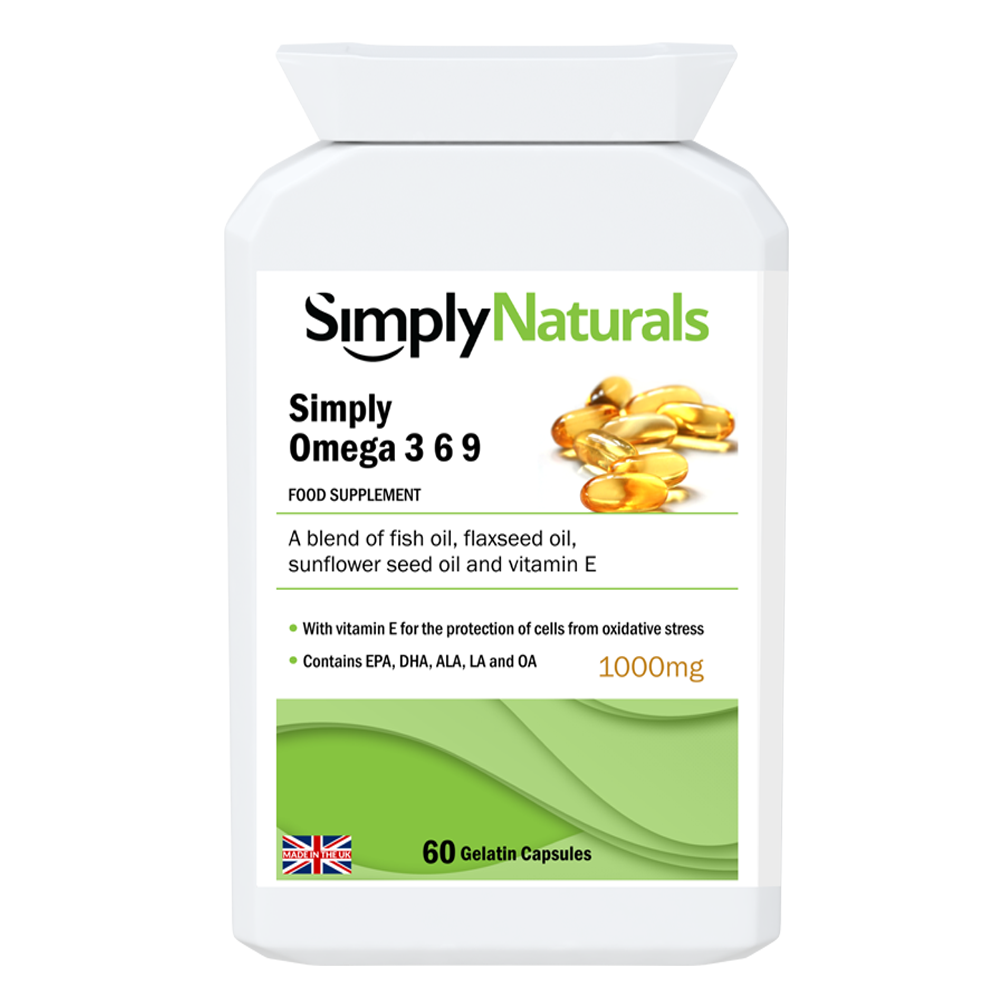Winter brings with it a host of enjoyable activities, from snowball fights to sipping hot cocoa by the fireplace. Unfortunately, it also ushers in the season of winter coughs. Whether you’re dealing with a nagging tickle or a persistent cough, these seasonal ailments can put a damper on the festive spirit. In this article, we will explore the common causes of winter coughs and provide you with 10 medically proven ways to ease your symptoms and get back to enjoying the season.
Common Causes of Winter Coughs
1. Respiratory Infections:
Respiratory infections, notably colds, flu, and other viral illnesses, stand as a primary cause of the infamous winter coughs that affect millions each year. During colder months, people spend more time indoors in close proximity, facilitating the spread of viruses. The cold weather itself doesn’t directly cause these infections, but it promotes an environment where viruses thrive and transmission rates increase. The dry and cold air can weaken the body’s immune response, making individuals more susceptible to catching these respiratory infections. Common symptoms of these infections include a persistent cough, sore throat, congestion, and sometimes fever. These infections are highly contagious and can spread rapidly, especially in enclosed spaces such as offices, schools, and public transportation during the winter season.
Winter coughs often arise due to various viruses such as rhinoviruses, coronaviruses, respiratory syncytial virus (RSV), and influenza. These viruses predominantly affect the upper respiratory tract, causing inflammation and irritation, which results in coughing as the body tries to clear the airways. Typically, these infections are self-limiting and can be managed with rest, hydration, and over-the-counter remedies to alleviate symptoms. However, for individuals with weakened immune systems or underlying health conditions, these respiratory infections can pose more severe risks and may lead to complications. Practicing good hygiene, such as frequent handwashing, using tissues when coughing or sneezing, and avoiding close contact with infected individuals, remains crucial in reducing the spread of these viruses during the winter months.
2. Dry Air
During winter, indoor heating systems can dry out the air in your home. This dry air can irritate your throat and airways, triggering a cough.
Dry air is a common culprit behind the onset of winter coughs. As the temperature drops during the colder months, the air’s ability to hold moisture decreases, resulting in significantly lower humidity levels. When people breathe in this dry air, it can have a drying effect on the respiratory passages. The delicate mucous membranes in the throat and airways can become parched, making them more susceptible to irritation and inflammation. This, in turn, can trigger coughing as the body attempts to clear the airways and soothe the discomfort. To combat this issue, many individuals turn to humidifiers to add moisture to their indoor environment and alleviate the drying effects of winter air, reducing the risk of developing a persistent winter cough.
Additionally, the dry air of winter can exacerbate preexisting respiratory conditions like asthma and bronchitis, making individuals more prone to coughing fits. The lack of humidity can cause the airways to constrict and become more sensitive, leading to heightened coughing as the body reacts to these irritations. To mitigate this, it’s crucial to stay hydrated, employ humidification devices, and take appropriate precautions, such as wearing scarves or masks in frigid conditions to add moisture to the air you breathe. By addressing the issue of dry winter air, individuals can reduce their susceptibility to winter coughs and ensure a more comfortable and healthier season.
3. Allergies:
Some individuals may have allergies to indoor allergens like dust mites, pet dander, or mold, which can become more concentrated when windows and doors are kept closed in the winter.
Allergies can often be overlooked as a common cause of winter coughs, as many people associate allergies with the spring and summer months when pollen levels are high. However, winter can bring its own set of allergens that trigger respiratory symptoms, leading to persistent coughs. Indoor allergens like dust mites, pet dander, and mold thrive in the closed environments of homes during the colder months, especially when heating systems are in use. As people spend more time indoors to escape the cold, they become exposed to these allergens, which can irritate the respiratory system and lead to coughing fits. Additionally, certain winter-specific allergens, such as indoor trees or wreaths, can introduce new triggers to those prone to allergies.
Furthermore, allergies in the winter can exacerbate other respiratory conditions, such as asthma and chronic bronchitis, making coughs more severe and difficult to manage. Allergic reactions release histamines and other chemicals that cause inflammation and mucus production in the airways, leading to coughing as the body attempts to clear these irritants. Identifying and addressing winter allergies through measures like using air purifiers, regularly cleaning and dusting the home, and keeping pets groomed can help alleviate winter coughs and improve respiratory health during the colder months.
4. Asthma:
Cold air can trigger asthma symptoms, causing coughing, wheezing, and shortness of breath in individuals with this condition.
Asthma is a common and chronic respiratory condition that can become particularly problematic during the winter months, often contributing to the prevalence of winter coughs. The cold, dry air of winter can irritate the airways, leading to bronchoconstriction, inflammation, and increased mucus production in individuals with asthma. These factors can trigger asthma symptoms, including coughing, wheezing, and shortness of breath. Additionally, indoor air quality tends to decline during the winter as people spend more time indoors with heating systems that can dry out the air or circulate allergens and pollutants. This worsened indoor air quality can exacerbate asthma symptoms and contribute to the overall increase in winter coughs.
Management of asthma during the winter months involves both preventive measures and prompt treatment. Patients are encouraged to maintain good asthma control by adhering to their prescribed medications and seeking advice from their healthcare providers on adjusting their treatment plans for the season. Avoiding exposure to cold, dry air and indoor triggers, such as dust mites and pet dander, is also essential. By addressing these factors, individuals with asthma can significantly reduce the risk of experiencing winter coughs and ensure a more comfortable and symptom-free season.
5: Smoke and Pollution:
Smoke and pollution play a significant role as common causes for winter coughs. During the winter months, particularly in urban areas, people tend to use indoor heating systems and burn more fossil fuels for warmth, which releases a host of pollutants into the air. This pollution includes fine particulate matter (PM2.5) and harmful chemicals that can irritate the respiratory system. When individuals are exposed to these pollutants for extended periods, their airways become more susceptible to inflammation and irritation, leading to coughing. Moreover, the inversion layer phenomenon, often seen during winter, traps pollutants close to the ground, exacerbating the issue. These conditions are especially concerning for those with pre-existing respiratory conditions like asthma or bronchitis, as the increased pollution levels can trigger or worsen their symptoms.
Additionally, winter months are synonymous with increased indoor activities and reduced ventilation, further concentrating indoor air pollution. Wood-burning stoves, candles, and even cooking can release pollutants like carbon monoxide, nitrogen oxides, and volatile organic compounds that can irritate the respiratory system. Smoke from these sources can also contain allergens and other respiratory irritants. For individuals with sensitive airways, especially children and the elderly, these indoor pollutants can be particularly troublesome, causing persistent coughing and respiratory discomfort. Therefore, it’s crucial to take measures to mitigate exposure to both outdoor and indoor pollution during the winter to reduce the likelihood of developing winter coughs and protect respiratory health.
Now, let’s explore 10 medically proven ways to ease your winter cough:
1. Stay Hydrated:
Drinking plenty of water helps keep the airways moist, making it easier to expel mucus and soothe your throat.
2. Humidify Your Home:
Using a humidifier can add moisture to the dry winter air, reducing irritation in your throat and airways.
3. Gargle with Salt Water:
A saline gargle can help alleviate throat irritation and reduce coughing.
4. Honey:
Honey has natural soothing properties. Consuming a teaspoon of honey can help reduce coughing and provide relief.
5. Steam Inhalation:
Inhaling steam from a bowl of hot water can help clear mucus and soothe your airways.
6. Over-the-Counter Cough Medications:
Over-the-counter cough suppressants and expectorants can provide relief. Consult a healthcare professional before using these, especially if you have underlying health conditions.
7. Avoid Irritants:
Stay away from smoke, allergens, and other irritants that can worsen your cough.
8. Rest:
Adequate rest helps your body recover from infections, reducing the severity and duration of your cough.
9. Warm Tea with Lemon and Ginger:
Warm herbal teas, like ginger and lemon, can help soothe your throat and boost your immune system.
10. Consult a Healthcare Professional:
If your cough persists or worsens, it’s important to seek medical advice. You might need prescription medications, such as antibiotics for bacterial infections or asthma medications if your cough is asthma-related.
Winter coughs can be a nuisance, but with the right remedies and precautions, you can find relief. These 10 medically proven methods, along with consultation with a healthcare professional when necessary, can help you ease your winter cough and enjoy the season to the fullest. Remember that everyone’s condition is unique, so what works best for you may require some trial and error.
Medically Proven References:
Cough and Cold Remedies – Mayo Clinic.
Cough: Causes and Treatment – Cleveland Clinic.
Asthma and Cold Weather: How to Breathe Easier in Winter,” American Lung Association.
Honey: A Potent Agent for Upper Respiratory Tract Infections,” PubMed.
SIMPLY Vitamin C
Being one of the most well-known and popular vitamins, Vitamin C functions as an excellent, water-soluble antioxidant. Within the human body, it has many known biological activities. We cannot synthesis Vitamin C so each of us should take Vitamin C from food or supplements on a daily basis. This is because Vitamin C cannot be stored in the body and any excess amounts are excreted by the kidneys. Simply Naturals Vitamin C also incorporates Rose Hip extract ensuring you receive the most potent and bio-available form of this crucial vitamin – take care of your body and it will take care of you.
✅ A Powerful Antioxidant
✅ Immune System Support
✅ Contributes to Collagen Formation
✅ Reduce Tiredness & Fatigue
✅ Highly Bio-Available
✅ Oxidative Stress Protector
✅ Vegan
✅ Lactose-Free
✅ Gluten Free
✅ GMO Free
SIZZLING MINERALS
Discover The world’s first and only, great tasting effervescent wafer containing our Pure Plant Derived Minerals Complex.V
Each Sizzling Mineral wafer/tablet contains the full spectrum of plant-derived minerals and trace elements and the taste is astounding. Children love the taste so you should no longer be faced with the difficulty of getting your children to take the minerals they need daily.





